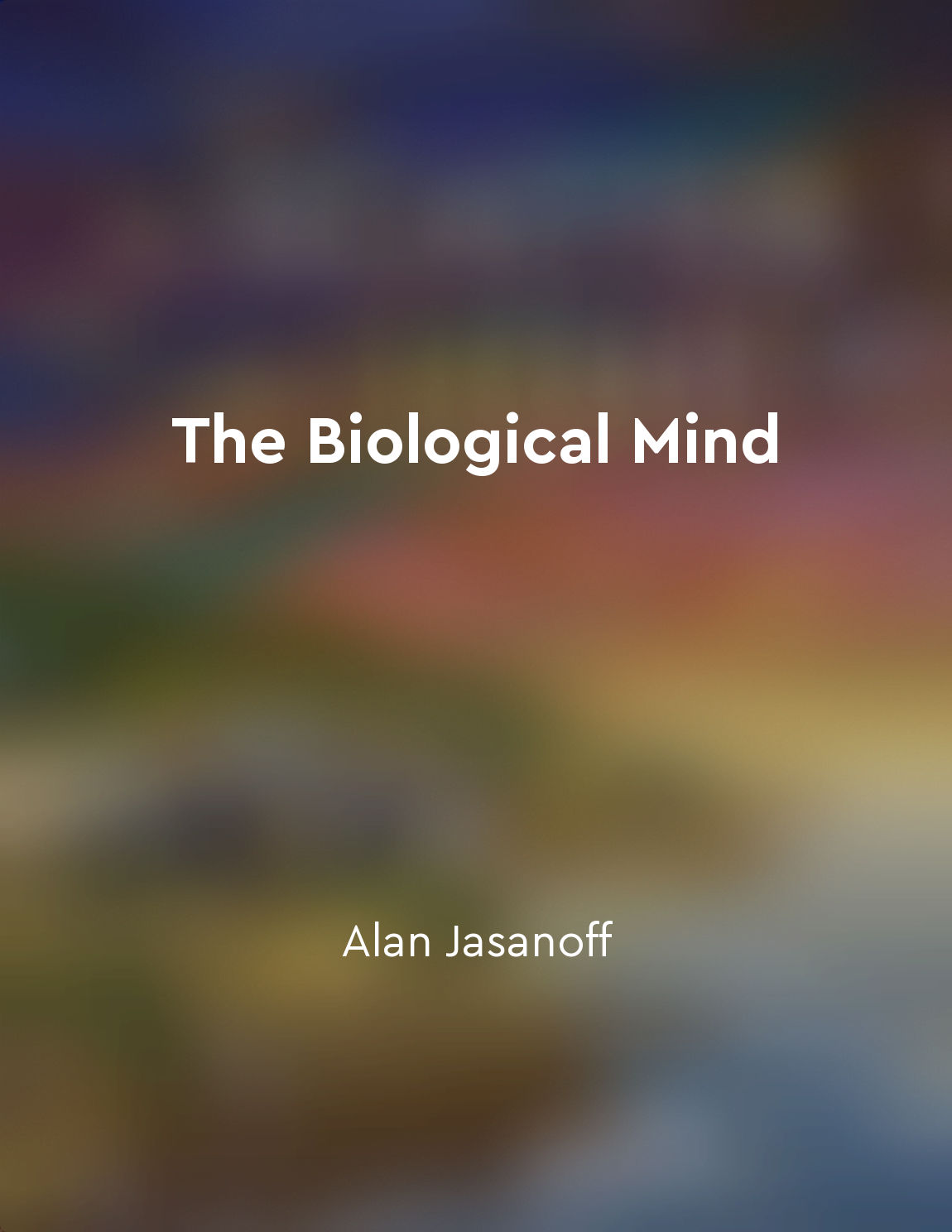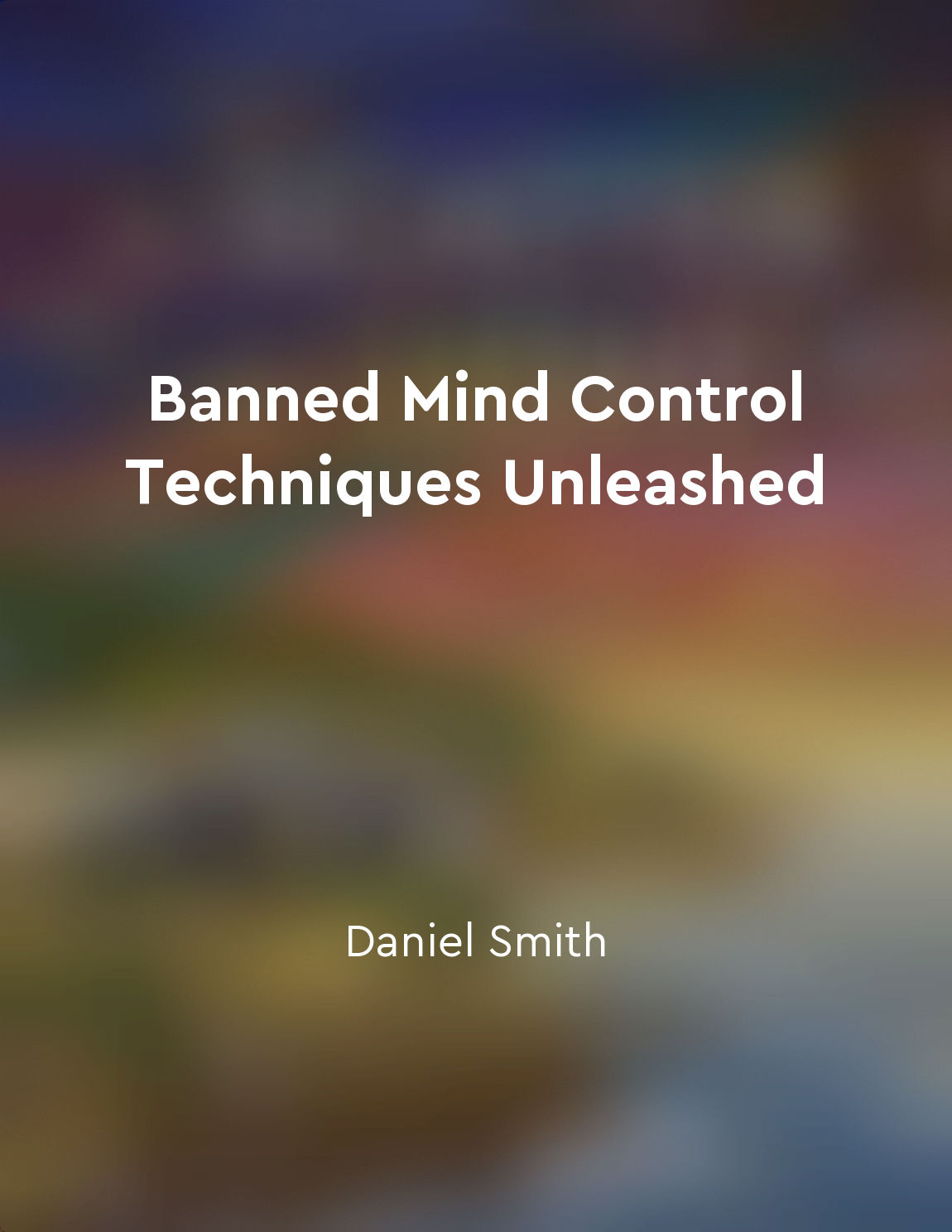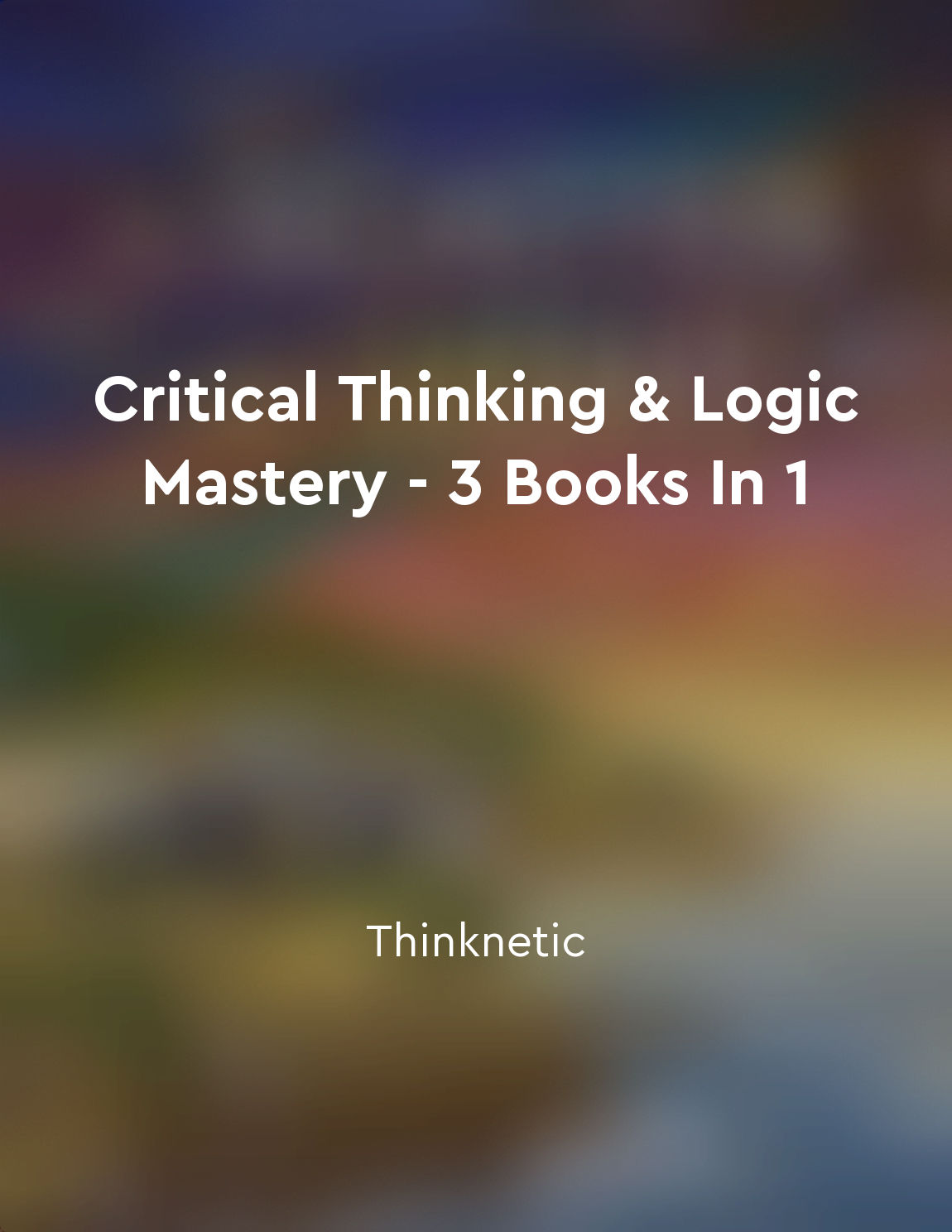Audio available in app
Memory plays a critical role in decisionmaking from "summary" of Design for How People Think by John Whalen Ph.D.
To understand how memory influences decision-making, we must first acknowledge the complex nature of human cognition. Our brains are constantly processing a vast amount of information, drawing on past experiences to inform our choices in the present. This reliance on memory is not always a conscious process; in fact, much of our decision-making is driven by automatic, intuitive responses that are shaped by our past experiences. When we encounter a new situation, our brains quickly search for similar experiences stored in our memory banks. These past experiences serve as a guide, helping us make sense of the present and anticipate potential outcomes. If we have encountered a similar situation in the past and it resulted in a positive outcome, we are more likely to make a similar choice in the present. On the other hand, if we have a negative memory associated with a particular situation, we may be more inclined to avoid similar circumstances in the future. This tendency to rely on past experiences, whether positive or negative, can have a significant impact on our decision-making process. It is important to note that not all memories are created equal. Some memories are more vivid and emotionally charged, making them more likely to influence our decisions. For example, a particularly traumatic or joyful experience may carry more weight in our decision-making process than a mundane, everyday occurrence. In addition, our memories are not always accurate. They can be influenced by our emotions, biases, and the passage of time. Our brains are constantly filtering and interpreting information, shaping our memories in ways that may not always reflect objective reality. This can lead to cognitive biases and errors in judgment that impact our decision-making process.- Memory plays a critical role in decision-making by providing a framework for understanding the present and predicting future outcomes. Our past experiences shape our choices in the present, guiding us towards certain actions and away from others. However, it is important to recognize the limitations of memory and the potential for bias and error in our decision-making process. By understanding the influence of memory on our choices, we can make more informed and effective decisions in our daily lives.
Similar Posts

Ethical considerations are paramount in brain research
When delving into the intricate workings of the brain, researchers must navigate a complex landscape filled with ethical dilemm...
Planning for financial emergencies is crucial
The importance of preparing for unforeseen financial emergencies cannot be overstated. Life is unpredictable, and unexpected ex...
Recognize the bystander effect
The bystander effect is a phenomenon that reveals an uncomfortable truth about human nature: the more people who witness an eme...

Awareness is the first step in protecting ourselves
The fundamental idea that lies at the core of safeguarding ourselves from potential mind control tactics is the concept of awar...
Trust: foundation of influence
Trust is the essential element that underpins influence. It is the bedrock upon which all successful relationships, whether per...

Questioning assumptions is fundamental to critical thinking
To think critically means to question assumptions. These assumptions are the ideas and beliefs we often take for granted. They ...
The importance of defining success in relationships
Chuck Klosterman argues that one of the key elements in any relationship is the ability to define success. He emphasizes the im...

Embrace uncertainty for growth
Uncertainty is not something to be feared or avoided; rather, it is an essential element for growth and learning. When we embra...
Emotional balance is essential for overall wellbeing
Maintaining emotional balance is crucial for our overall wellbeing. When our emotions are in harmony, we are better equipped to...
Embrace the present moment to find inner peace
To truly find inner peace, it is essential to fully embrace the present moment. This involves being fully present and engaged i...

